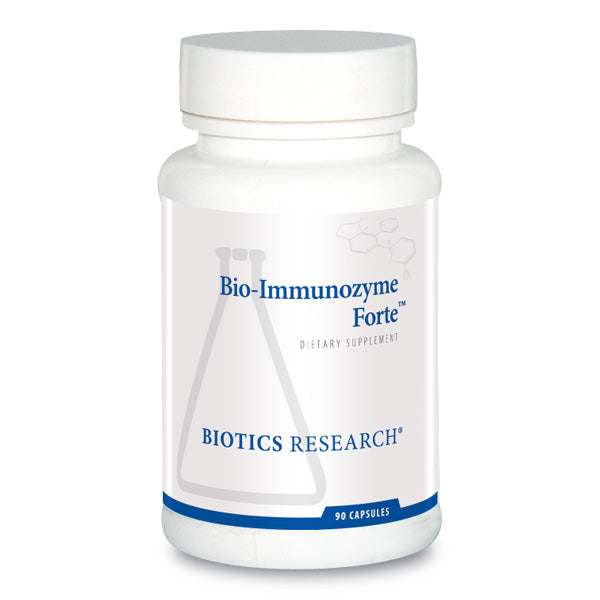Recommended dosage is Two (2) capsules each day as a dietary supplement or as otherwise directed by a healthcare professional.
The Immune System
The two arms of the immune system, humoral and cell-mediated immunity, work together as an integrated defensive system. Normally, antibodies are produced in response to a foreign material (acquired immunity). Immune complexes form between antibodies and antigens and are scavenged from the circulation or mucosal surfaces. Cell- mediated immunity relies on T and B lymphocytes, mast cells, macrophages and others. T-cells regulate other defensive cells, including macrophages and killer cells. Cells of the immune system, turn over rapidly, hence, their nutrient requirements are high.
In addition, phagocytic cells generate free radicals and other reactive species to attack invaders. These oxidants contribute to the oxidative burden of organs which, if unchecked by the body’s antioxidant defenses, can damage membrane lipids, diminish T-cell function and injure mucosal cells. Membranes damaged by lipid peroxidation may offer less resistance to infection. The production of radicals from endogenous and exogenous sources consumes antioxidants. Consequently, a variety of nutrients and factors support immune function.
Vitamins
Vitamin A has long been known to support mucosal cell surfaces and the immune system. Vitamin A helps maintain the integrity of lymphatic tissues, antibody levels (especially sIgA), and responses of cellular immunity to challenge by exogenous stimulatory substances. However, the effects are selective. Possibly a metabolite of retinol regulates lymphocytes. In vitamin A deficient rates, phagocytic activity of circulating polymorphonuclear lymphocytes declined. The integrity of epithelial cells and production of protective agents, such as mucus secretions, are essential for healthy mucosa. In vitamin A deficiency, the mucosa, glands and ducts are susceptible to disease. Vitamin A requirements appear to be only partially met by the consumption of dark, green, leafy vegetables.
Vitamin C scavenges free radicals and is essential for the function of many systems, including the immune system. Vitamin C is required for eicosanoids that regulate inflammation and it combats the effects of oxidative stress. Vitamin C is a major antioxidant in the blood and it works together with vitamin E. For example, supplemental vitamin C and vitamin E decreased the production of reactive oxygen species and of lipid peroxidation in patients with myocardial infarction. During periods of stress, urinary excretion of vitamin C increased. Vitamin C supplemented volunteers exhibited increased natural killer cell activity. B vitamin deficiency is characterized by reduced phagocytic activity. Vitamin B2, B6 and pantothenic acid have specifically shown an ability to enhance antibody production. Lack of vitamin B1 reduces the spleen’s ability to produce antigens. Vitamin B2 is necessary for proper thymic function.
Bio-Immunozyme Forte™ contains bovine neonatal thymus, spleen, liver, pancreas, in addition to bovine parotid gland, lymphatic and placental tissues. These glandular preparations are processed to maintain nutrients, enzymes and associated factors. Biotics Research uses bovine neonatal tissues where possible. The newborn animal has not been subjected to environmental factors to which the adult animal is subjected. The thymus is most active within a few days after birth, when it populates lymph nodes and the spleen. The effects of preparations of thymic factors after oral administration have been studied. Thymus extract supported thymic function during environmentally induced physical stress. Spleen extracts can specifically modulate phagocytic activity in vitro. Healthy endocrine pancreatic glands are also important. They secrete glucagon, insulin and somatostatin. Somatostatin regulates growth hormone secretion. Healthy adrenal glands support normal immune function. They produce hormones that adapt the body to stress, including epinephrine and glucocorticoids. Cortisol stabilizes mast cells to inhibit inflammation. It also decreased capillary permeability to limit neutrophil infiltration and it reduces phagocytosis. Laboratory analysis of Biotics Research’s adrenal glandulars did not detect the presence of the steroid hormones. Salivary glands produce factors that can enhance lymphocyte proliferation and support thymus, spleen and lymph nodes in animal models. The major salivary glands also produce antimicrobial factors.
Download Product Info


